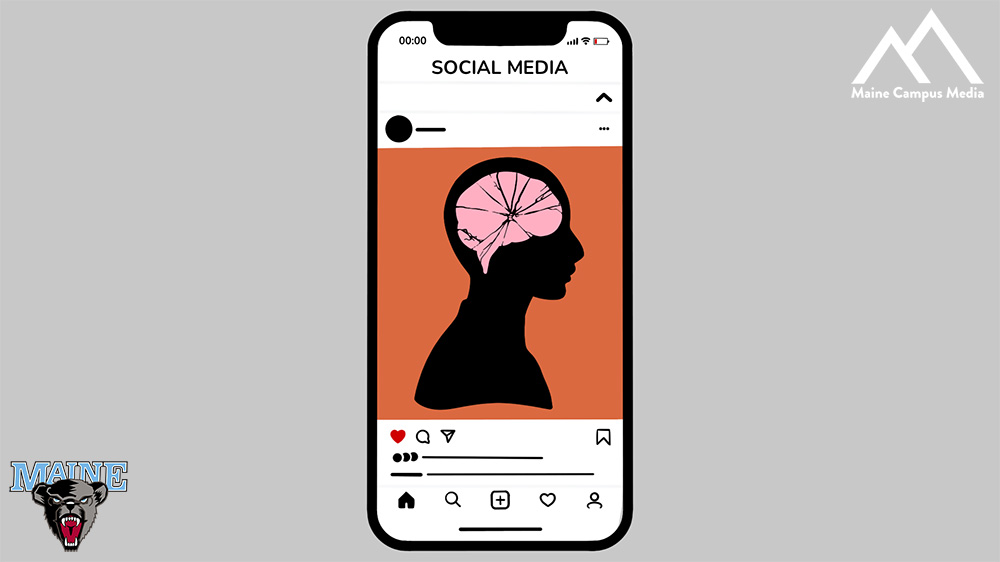Social media has become such a large part of our lives, in part due to the isolation caused by the COVID-19 pandemic. Many people are wondering now if that connection might cause more harm than good. Pew Research reports that 64% of Americans believe social media has a negative effect, while only 10% said it emits a positive one. If this is the case, why do we use it so much?
The World Economic Forum found that Americans spend an average of two hours and 14 minutes on social media daily, while Forbes reported last year that Americans spent an average of 1,300 hours on social media annually. Generation Z spent a shocking average of nine hours of daily screen time, many of which are dedicated to TikTok, Snapchat, and Instagram. That’s a lot of time, especially considering the numerous unhealthy effects.
A University of Pittsburgh study found that increased social media use in people aged 19 to 32 correlated with higher levels of feelings of depression, anxiety and social isolation. A New York University study found that it significantly lowers our attention spans. Another from The University of Amsterdam found that social media use correlated with lower self-esteem.
How can something that is meant for social connection cause such negative emotions, reactions and mental states? Well, that’s because it isn’t just harmless fun, by way of both design and nature.
As indicated, social media platforms know their sites cause negative emotional and mental states within their users. Despite this, they continue to function as normal. According to recent leaks obtained by The Wall Street Journal, Facebook did nothing even though they knew that 32% of teen girls said they felt bad about their bodies, and Instagram made them feel even worse.
Social media is also a depressant by nature, giving us unprecedented access to other people’s positive, negative and sometimes cruel opinions. Hurtful comments, trolling and even the number of likes can understandably ruin a person’s day. It also shows us other people having seemingly picturesque lives, therefore making us feel more insecure and unsatisfied with our own.
Social media pages are precisely curated and often misleading, where only the best aspects of a person’s life can be broadcast while the worst parts are omitted. Unrealistic, heavily edited or completely fake portrayals and expectations of people’s bodies can also make users feel insecure about their own, as social media creates a false reality to aspire to.
Social media’s harm is more gradual; the short-term effects are what keep us hooked. Whenever you log onto social media, dopamine signals in your brain increase. These neurotransmitters are associated with pleasure. When you experience an increase in dopamine, your brain identifies this activity as a rewarding one that you ought to repeat. You may react more strongly whenever you make a post of your own and gain positive feedback. The dopamine rush keeps users engaged, while the damage piles up little by little over time.
There’s also a need to stay connected and informed when there’s always an important news story, a new post or story to view and other things that demand our immediate attention. We don’t want to be left out of the loop, so this creates a sense of urgency rather than a sense of enjoyment.
Despite its flaws, social media still serves a purpose, and giving it up is not the ultimate solution. Social media allows us to connect with people who are miles away, meet new people, join clubs and organizations, learn about businesses or advertise our own and even temporarily make us feel good about ourselves.
So, instead of abandoning it, there are other options to pursue. We can advocate for more transparency from social media sites and hold them accountable when they do us wrong. We can boycott platforms that choose to amplify hate and ignore warning signs. We can also limit our use, understand how it affects our health and stay aware of its addictive nature.
Like how comfort food may make us feel good in the short term, we need to recognize social media is extremely unhealthy when excessively consumed. We have to keep in mind that many tech corporations are looking to cash in on our vulnerabilities rather than lift us up.




